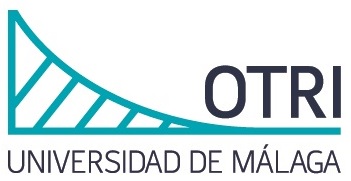MLADO: MACHINE LEARNING-AIDED DESIGN OPTIMISATION
Description
In real-life mechanical engineering applications, it is often complex to achieve an optimal multi- objective design, because of the costs related to fabrication and test of different prototypes. For this reason, the use of computational tools is a recommended practice.
In this invention, the MLADO (Machine Learning-Aided Design Optimization) methodology has been developed, which uses machine learning algorithms to predict, through classification models, which combinations of the design parameters of an optimization problem are going to be useful and which are not. , and all this depending on the objective pursued. This allows guiding the design process in an efficient way, avoiding simulations of little or no interest. By this method, an efficient micromixer based on an oscillatory flow due to vortex shedding has been designed.
Advantages
The use of this method allows to obtain optimized designs in a faster way, by ruling out non-useful simulations and, thus, saving simulation costs. By including a classification model (which can be trained with data from the bibliography, reduced models, low-cost simulations, etc.), the method allows to reach an optimal design faster than with traditional optimization procedures. In high-cost simulation scenarios, the savings in terms of time can be significant.
Uses and Applications
Optimization processes of part or element designs, as well as processes, in general. In particular, to be used in the field of engineering design or prototyping using computational techniques: Finite Elements Method (FEM), Computational Fluid Mechanics (CFD), etc.
Keywords
Sectors
Areas
Patent Number
ES1308503U Expediente
Applicants
UNIVERSIDAD DE MÁLAGA
Inventors
FRANCISCO JAVIER GRANADOS ORTIZ, JOAQUIN ORTEGA CASANOVA
Filing Date
20/05/2021
Protection Level: National (Spain)
Processing Status: Spanish utility model








